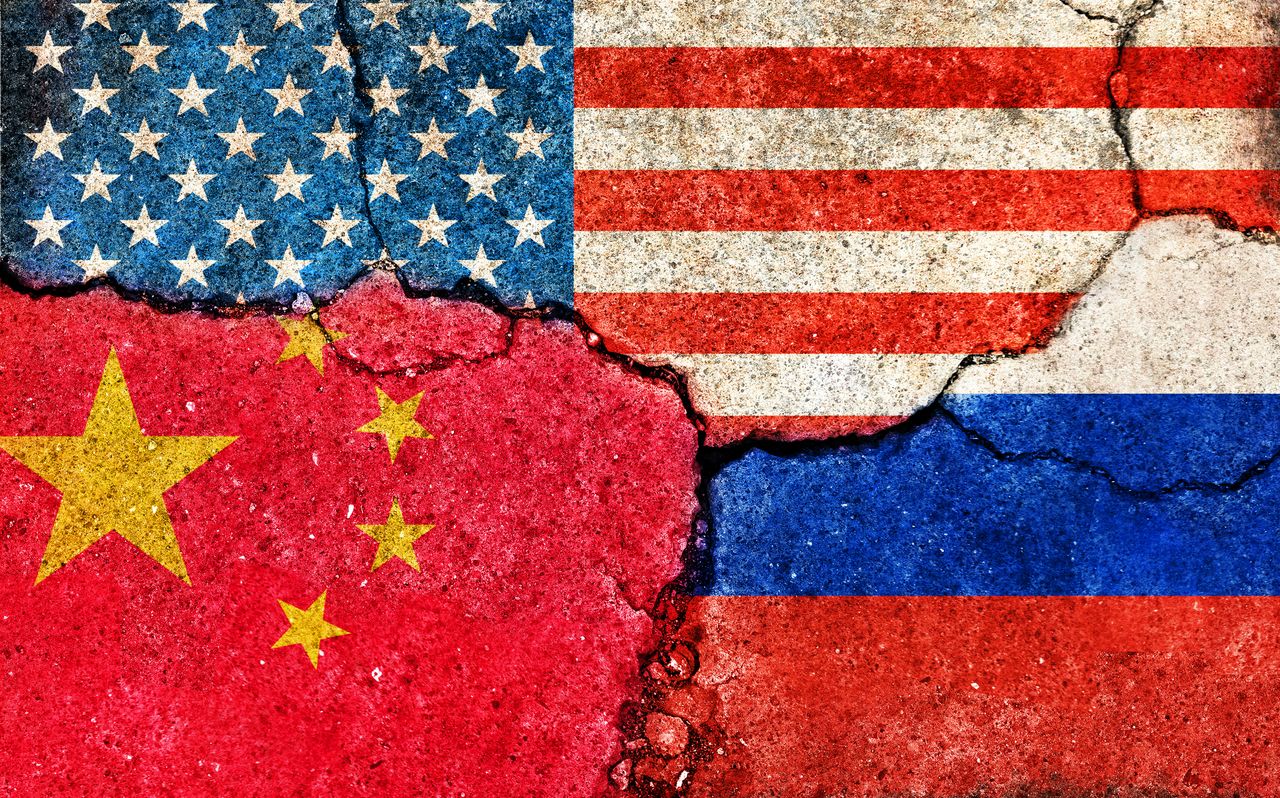
To help you understand what is going on in the economy, politics and beyond, our highly experienced Kiplinger Letter team will keep you abreast of the latest developments and forecasts (Get a free issue of The Kiplinger Letter or subscribe). You'll get all the latest news first by subscribing, but we publish many (but not all) of our forecasts a few days afterward online. Here’s the latest...
One of China’s most potent trade weapons that it is wielding as the U.S. threatens new tariffs is a near-stranglehold on rare earth elements, a group of obscure minerals that happen to be vital to many high-tech applications and products. It’s not that rare earths are rare, exactly. But they are hard to mine and process. They aren’t evenly distributed across the world. Extracting and refining them is a messy process that can cause a lot of pollution.
China realized this decades ago and decided to exploit its sizable deposits of rare earths, ignoring the environmental damage. Its leaders wanted to corner the market, and they did. Consider the things that require rare earths: Drones. Missiles. Fighter jets. Spacecraft. Wind turbines. Electric cars. AI servers. That’s just a partial list. In general, rare earths are key to the magnets in advanced electric motors. Thus, they are vital for applications like advanced robots.
The U.S. has already eased up on tariffs in response to China’s recent ban on rare earth exports. But Beijing is still slow-walking sales of rare earths to American importers. What’s more, it still does not permit exports of them to U.S. defense contractors. Companies here and abroad are scrambling to lessen their dependence on rare earths where possible, knowing that China could cut off their supplies. BMW, for example, sells EVs whose electric motors don’t use rare earths. Other automakers are trying to do likewise. Japan has stockpiled a year’s worth of rare earths, after it suffered from an earlier Chinese export ban over a decade ago. But that is just a stopgap.
What’s needed is rare-earth mines and processing plants outside of China. Unfortunately, it takes time to open them: Three years, by one estimate. Still, expect a concerted push to reduce the world’s reliance on China. Countries with the most promising deposits: Brazil, South Africa, Namibia and other African nations. Greenland is also believed to have a rich trove of them, one reason President Trump is so keen on acquiring it, but mining may not be doable.
For now, the U.S. has only one functioning mine, called Mountain Pass, in California. New processing plants are a work in progress. One just opened in Malaysia. Australian miner Lynas is building another in Texas, but is waiting for new funding from Uncle Sam. There is also talk of a plant in Nebraska at NioCorp’s Elk Creek deposit. There are two major hurdles to building these plants: First, their wastewater and other toxic by-products generally provoke local opposition. Second, Beijing has positioned China as the main maker of the equipment for processing rare earths.
Ultimately, it’s going to take some political willpower, either in the U.S. or overseas, to support (and likely fund) alternatives to China’s monopoly on supply.
This forecast first appeared in The Kiplinger Letter, which has been running since 1923 and is a collection of concise weekly forecasts on business and economic trends, as well as what to expect from Washington, to help you understand what’s coming up to make the most of your investments and your money. Subscribe to The Kiplinger Letter.







